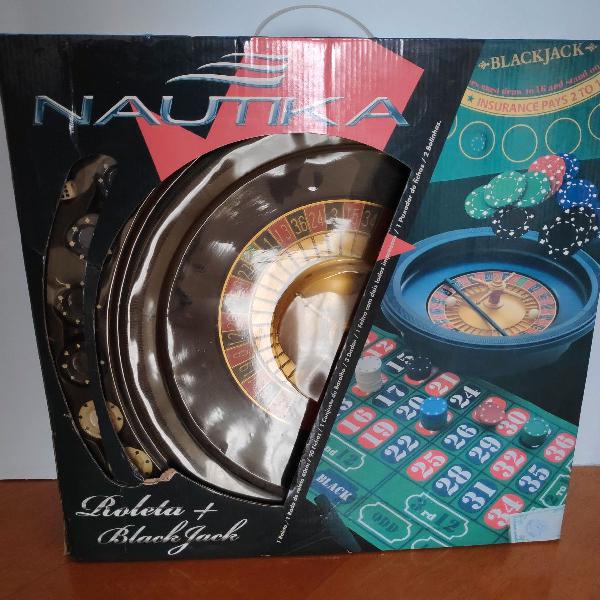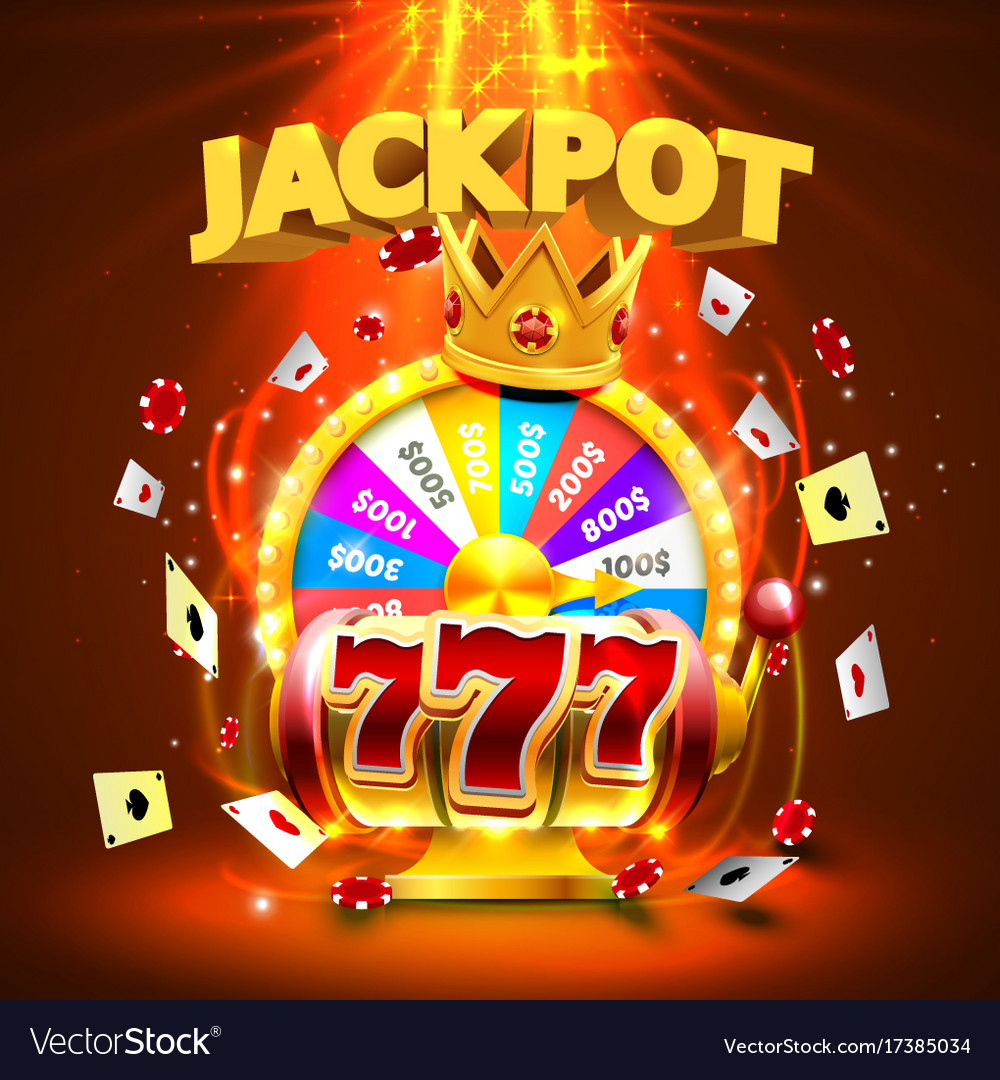boné mr jack bet
mitzvahceremonies.com:2024/12/5 0:43:10

boné mr jack bet

Aviator MRJACK é uma marca reconhecida no mundo dos óculos de sol e da moda. É marcas oferece toda variedadede 👍 estilos, designs para escolher; todos eles carregadom com sofisticaçãoe emlegância! Os tênis De Sol OViadorM RJCk são particularmente populares”, graças 👍 à boné mr jack bet forma clássica mas sofisticada que complementa quase Todos os tipos por rosto a...
Os óculos de sol Aviator MRJACK 👍 são mais do que apenas um parde tênis. Eles representam uma estilo da vida sofisticado e semspreocupado, Uma atitude para 👍 a mundo diz "Eu sei quem sou com o porque éro". Com seu pares De olhos em boné mr jack bet Sol 👍 OViadorM RJCk você estará fazendo boné mr jack bet declaração sobre moda forte - Sem esforço!
Mas é não apenas sobre a aparência. Os 👍 óculos de sol Aviator MRJACK também oferecem proteção UV com alta qualidade, garantindo que os olhos estejam sempre protegidos dos 👍 perigosa aos raios nocivos do Sol! Com um parde tênis para solar OViadorM RJCk e você já terá como se 👍 comprometer entre estilo da proteger:
Então, se você está procurando um par de óculosde sol que combinam com seu estilo e 👍 personalidade. enquanto ainda lhe oferece a melhor proteção possível; então ele não pode érrar Com os tênis De Sol Aviator 👍 MRJACK!Com boné mr jack bet combinação única do moda), sofisticaçãoe proteger - eles são verdadeiramente uma escolha icônica para aqueles quem saberam o 👍 quanto darem”.
1xbet download ios

The “21 + 3” blackjack side bet is based on examining the player’s two cards and the
dealer’s up-card. If 💷 the three cards form a flush, straight, three-of-a-kind or
straight flush, the player wins. In the original version, the payout 💷 for each of these
was 9-to-1. With this pay table, the game has a house edge of 3.2386%. Recently, new
💷 pay tables have been introduced that have higher house edges and greater
volatility.
The point of attack I considered is to 💷 target flushes. Any strong imbalance
in the suits favors the player. For example, consider a situation where there are 40
💷 cards, 10 of each suit. Without going into the math, the number of ways of making a
three-card flush is 💷 480. Now, take those same 40 cards, and assume they are distributed
15, 10, 10, 5. Then the number of 💷 three-card flushes is 705. The more unbalanced the
distribution of suits, the more the edge swings towards the player.
To make 💷 use of
this, it is necessary to keep track of the number of cards in each suit that remain in
💷 the shoe. This can be accomplished by a team of counters, each keeping track of one of
the suits (or 💷 by a mentally gifted solo counter). The counters then compute the
difference between the most abundant and least abundant suits. 💷 This difference is then
turned into a true count, and if that true count is sufficiently large, the player has
💷 an edge.
I created a simulation to model using this system on a six-deck shoe game
dealt to 52 cards and 💷 simulated one hundred million (100,000,000) shoes. This work
showed that a counter can gain an edge on approximately 3.5% of 💷 the hands dealt (1.75
hands per shoe). The counter should make the 21+3 wager whenever the true count is 8 💷 or
higher. The average edge when the wager is made will be just over 5%. If the table
limit isR$25, 💷 then a counter playing heads-up can earn aboutR$2.20 per shoe. The new
pay tables were not evaluated.
As an experiment, I 💷 shuffled one hundred thousand
(100,000) shoes and computed the edge at the point when there were 100 cards remaining
in 💷 the shoe. The result of this simulation was an average house edge of 3.247%, which
is close to the theoretical 💷 value of 3.239%. More interesting was that the standard
deviation of the house edge was 3.57%. It follows that a 💷 player edge is 0.910 standard
deviations above the mean. Therefore, the player will have an edge on about 18.14% of
💷 the shoes at that point. The trick is knowing which ones. My simulation gave a maximum
player edge of 23.71% 💷 and a maximum house edge of 13.55%.
There are two reasons that
APs will not target 21+3 with this system. The 💷 first is its complexity, the second is
the low return. However, there is another approach that may be significantly
stronger.Consider 💷 a shuffle tracking approach where a slug of cards is identified that
is either deficient in one suit or abundant 💷 in one suit. In this case, by tracking that
slug through a weak shuffle, the AP will have a good 💷 opportunity. My knowledge of
shuffle tracking is minimal. I cannot say if this is an approach that has been used 💷 in
practice. Finally, I have not considered if the new pay tables have a similar
vulnerability to the 9-to-1 pay 💷 table.
For more information on this topic see:
The
following are my recommendations regarding 21+3:
artigos relacionados
2024/12/5 0:43:10